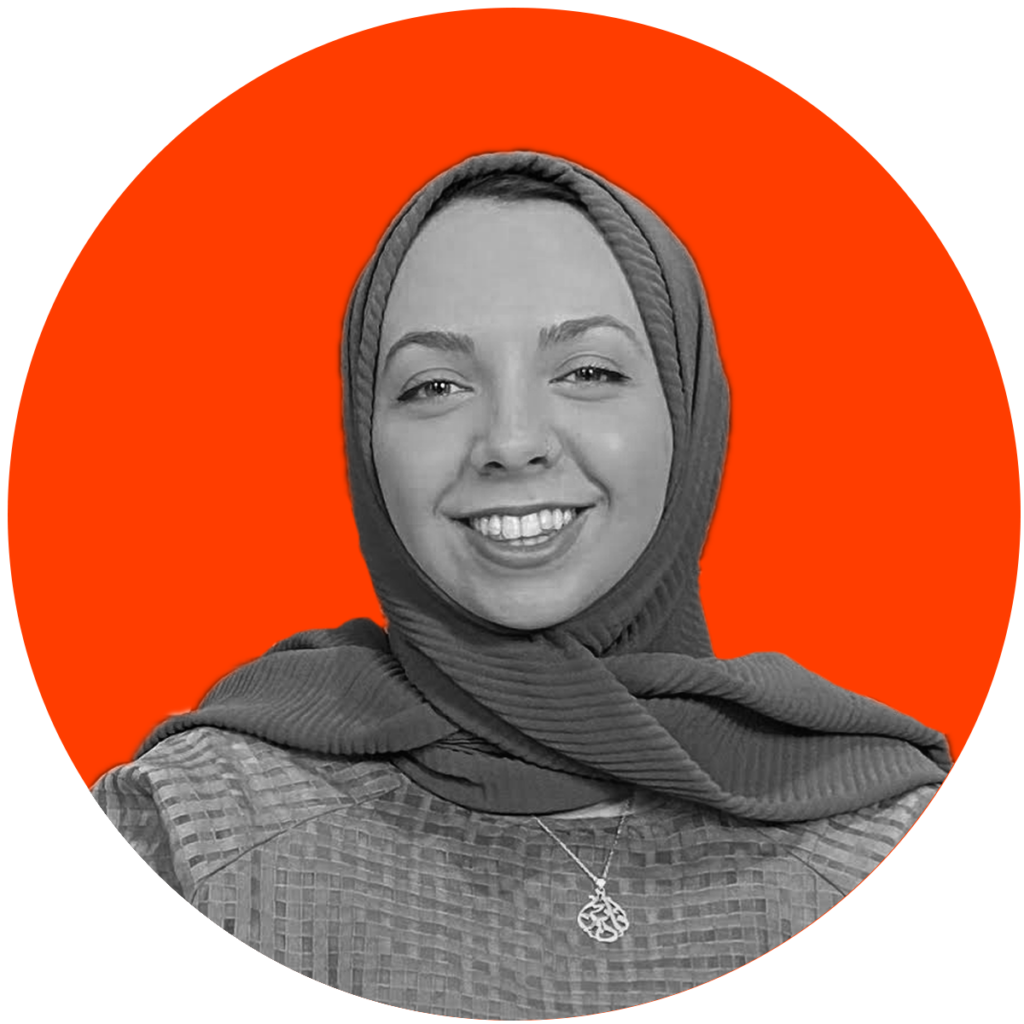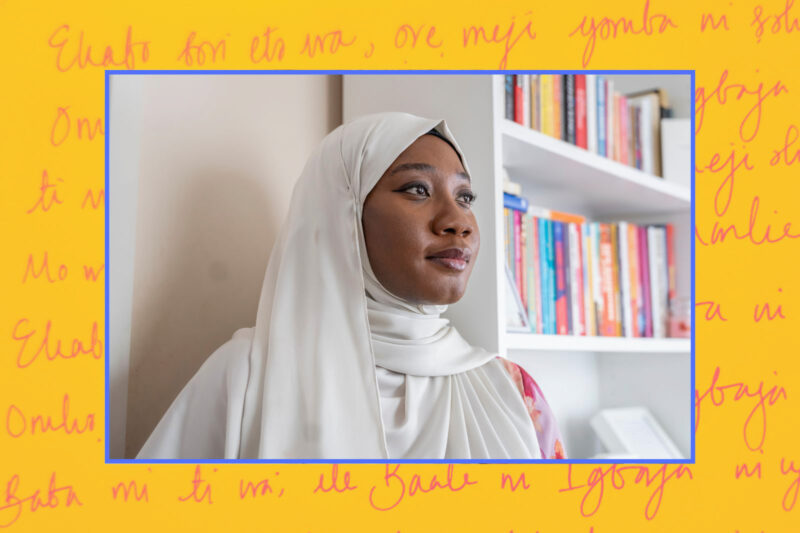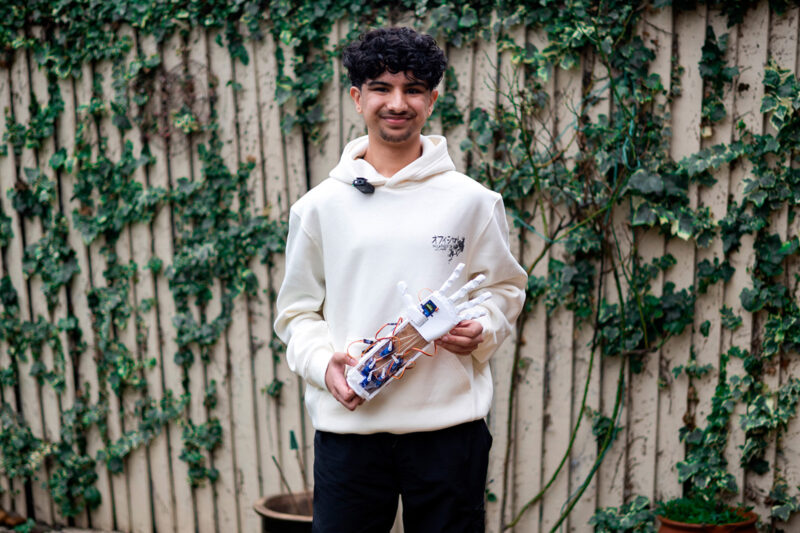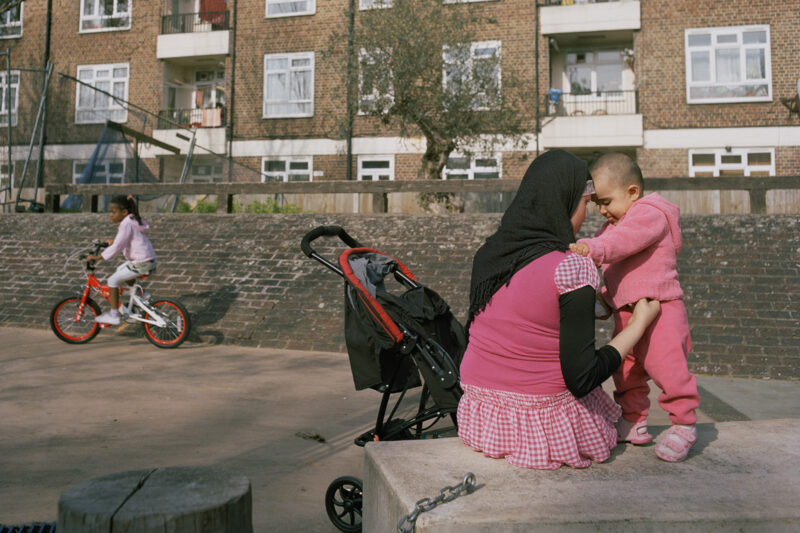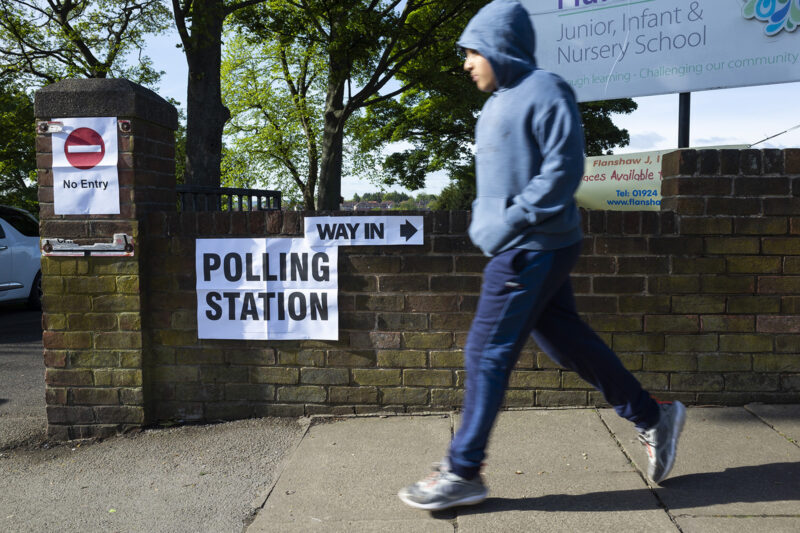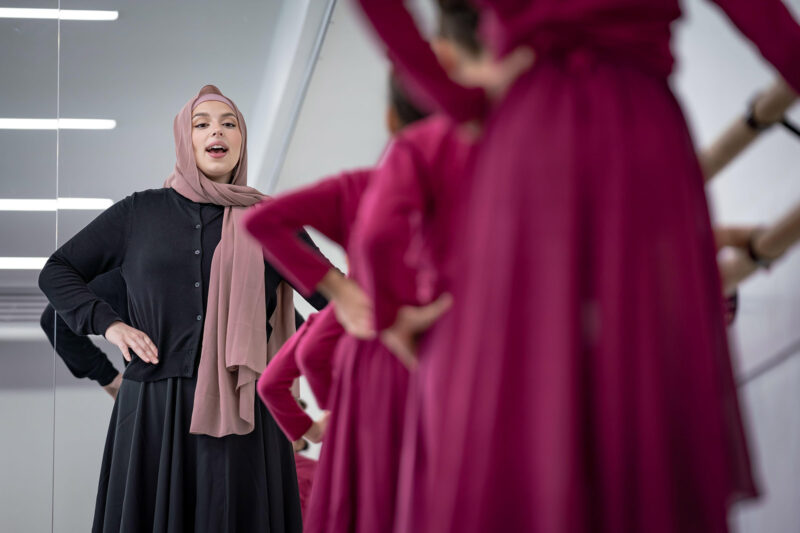Young Muslims are too afraid to speak out due to Prevent
As a teacher, I see students self-censoring in the classroom, especially on issues like Gaza, out of fear of being labelled ‘extremist’ by the government’s counter-terrorism programme
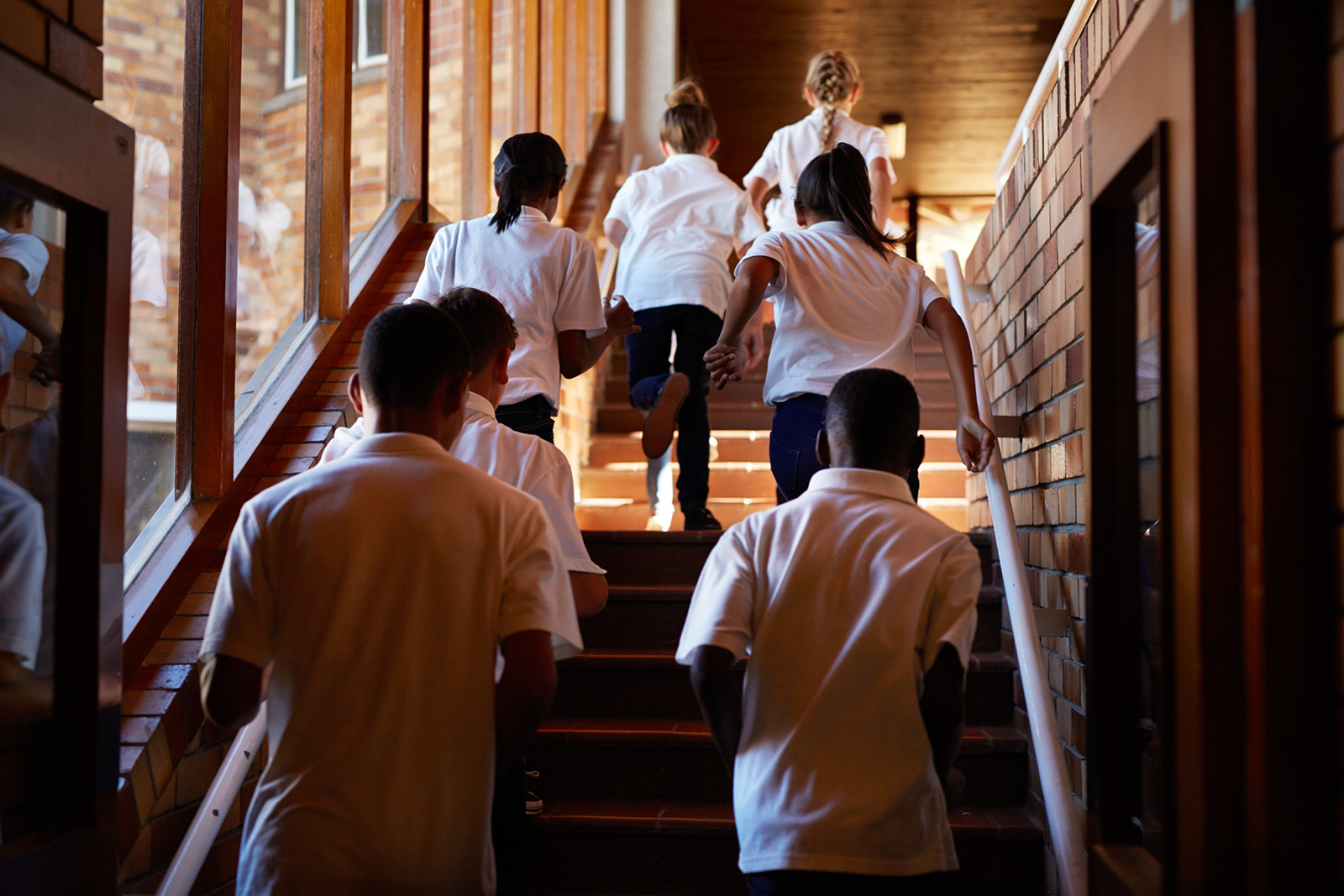
After an English lesson in March, as my students streamed out of the classroom into the lunchtime drizzle, one child lingered behind. “Miss, can I show you something?” she asked.
She handed me a piece of creative writing that her older brother wrote in a GCSE tuition session. “My Mum got really angry and said that if he wrote that in the real exam he could get reported to the police. I said I’d ask you because you’re my only Muslim teacher.”
My pupil’s brother had written a first-person account of living through the genocide in Gaza, filled with references to images he’d seen across social media. He’d mentioned the specific atrocities that all of us have etched into our minds after the last six months: a child’s mutilated body; people being killed queuing up for food; a boy carrying his younger brother in his backpack.
“Would he get in trouble for writing about Palestine in the exam, Miss?”
As a teacher, I see this sort of thing regularly: children, families and even colleagues censoring themselves because of the constant threat that looms over us as Muslims in an education system that purports to be impartial, but rarely is.
The root cause of this self-censorship is Prevent: the government’s pre-criminal counter-terrorism programme first launched by the Labour government in 2006, that seeks to identify individuals before they commit acts of terrorism and pass them on to the de-radicalisation programme Channel.
Focused less on objective acts of violence, its aim is to identify signifiers of radicalisation, “to stop people from becoming terrorists or supporting terrorism”, such as expressing an interest in Middle Eastern politics or wars, a sudden increase in religious observance, becoming isolated from peers or questioning British foreign policy.
In March, the government proposed changes to cut funding to Prevent by half in the next two years, with a spokesperson telling the Guardian that they are now directly targeting funding to local authorities of “highest threat”. But in reality, the damage has already been done. Even if Prevent was to be scaled back to the point that it was obsolete, the vocabulary of the policy has already been absorbed into society at large. The threat of being reported has become a piece of tape over the mouths of all Muslims in the education system — a place that should be safe and open for children to interrogate the world around them.
Since 2015, Prevent has been a mandatory duty placed upon teachers and doctors, nurses and social workers. For a secondary school teacher in a predominantly Muslim area, this means my role is warped into part-spy, part-educator. While attempting to support teenagers through some of the most tumultuous years of their lives, I am obligated to discern whether their low mood, disengagement or fluctuating levels of religious observance are down to adolescent hormones or because they are about to become terrorists.
For a Muslim teacher, this is a crippling conflict of interest — especially given that these so-called signs of radicalisation sound a lot like my own perfectly innocent search for identity as a teenager. But in the hands of non-Muslim colleagues, Prevent can be devastating to the lives of young Muslims. Everyone has heard the horror stories. The toddlers referred for talking about the video game Fortnite or mispronouncing cucumber “cooker bomb”. The teenagers presumed to be terrorists-in-training for using words like “eco-terrorist”. The young adults criminalised for accessing mental health support.
Throughout my seven years as a teacher, I have witnessed colleagues reporting children for things like coming into school “suddenly” wearing a hijab and asking for a space to pray, or for saying they want to marry a Muslim in the future. I have overheard “concerned” conversations in the staff room about whether to report a student’s upcoming family holiday to Pakistan or Somalia, out of fears they’ll be subject to forced marriage and female genital mutilation.
I’ve sat in too many Prevent training sessions where Shamima Begum’s face has been projected, large and ominous, on a screen as a reminder that it’s better to report suspicions than worry about getting it wrong. The Prevent duty feels less like a safeguarding mechanism and more like a blanket excuse for schools to “other” and criminalise some of the most disenfranchised pupils in their care.
In the classroom, this self-censorship takes the form of children being scared to discuss certain topics — or only being comfortable discussing them with Muslim teachers because they see us as a safe space.
This academic year alone, I’ve seen students fearful of mentioning they’ve been to pro-Palestine protests over the weekend, worried they’d get in trouble for asking to run a bake sale for Gaza, and subconsciously aware that using words like “genocide” or “occupation” could see them labelled antisemitic at school. This threat is further heightened for families who are already disadvantaged through their immigration status or language barriers. Here, children often face extra pressure from home to censor their language or views through fear that one comment at school could put the whole family’s status in jeopardy.
This self-censorship risks politically isolating an entire demographic, suggesting to young Muslims that their political participation is inherently extreme and anti-British. It also, paradoxically, becomes in and of itself a risk factor for Prevent.
Prevent Watch has reported a case in which a child withdrawing from controversial conversations about Palestine, and a parent telling the school that she teaches her child not to discuss politics outside the home, actually became a cause of concern for the school. The presumption was that if they can’t discuss their views at school then they must be extreme or unpalatable — reinforced, no doubt, by a lack of widespread understanding of the function of Prevent to censor disenfranchised communities.
Perhaps the most painful irony is that Prevent performs pitifully against its own aims. Last year, only 9% of 6,817 referrals were deemed appropriate for Channel and the figure is decreasing year on year. Its only success seems to be the fear it has placed into the hearts of Muslims in public institutions and the self-inflicted silence that prevails as a result of knowing that you exist at the mercy of a system ready to police your every move.
Rishi Sunak’s speech on extremism in March, which ominously referred to “forces here at home trying to tear us apart”, is a prime example of how the language of Prevent is perpetuated and disseminated to the public domain, woven into our laws, policies and politics. The damage caused by Prevent has already been hardwired into a generation of Muslims.
 Newsletter
Newsletter

